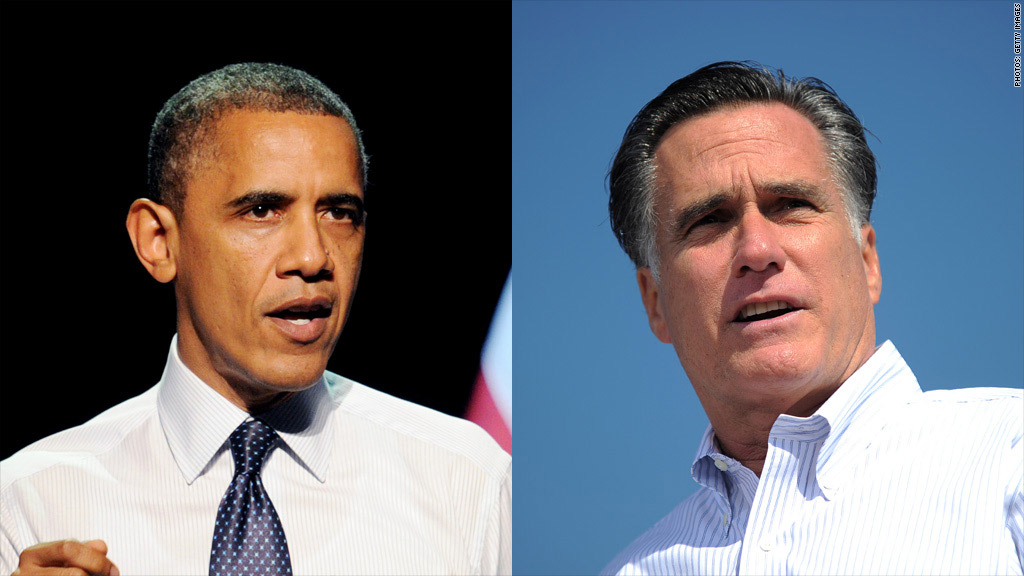
Vice President Joe Biden and challenger Paul Ryan sparred Thursday over who would cause the most harm to Medicare and the nearly 50 million Americans enrolled in it.
Indeed, the two campaigns have vastly different approaches for fixing the massive senior health insurance program, which politicians have long refused to touch, even as its costs soar and drain the federal government's coffers.
Medicare is projected to eat up 3.7% of the economy in 2012 and 5.3% by 2030. By 2024, the portion of Medicare that funds hospital care will not take in enough revenue to meet all its bills.
The differences between President Obama and Biden and Republicans Mitt Romney and Ryan revolve around how to slow the entitlement's rate of growth.
Ryan said at Thursday's vice presidential debate that it all comes down to "choice and competition." Biden said his opponent's plan would raise the cost of Medicare, while the president's health reform law provides seniors with more benefits and saves them money.
Here are the details of each side's plan:
Obama: The president points to his signature health care reform law, the Affordable Care Act, as the main way he has strengthened Medicare. Before the law, the program was expected to run short of funding to cover all its costs by 2016.
The act calls for cutting $716 billion out of the program by slashing payments to hospitals, skilled nursing facilities, home health care agencies and, in particular, private insurers who provide Medicare Advantage managed care plans. It also created an independent board charged with keeping costs under control if they exceed a preset cap. The law specifies that benefits cannot be cut to reduce expenses, though Romney has repeatedly said that Obama's plan to limit provider payments will hurt seniors.
Seniors with high prescription drug bills are particularly helped by the plan because it gradually closes the so-called donut hole, where these costs aren't covered. An estimated 3.6 million beneficiaries saved on average $600 each in 2011 thanks to this provision, according to the Department of Health and Human Services.
Related: Medicare funding runs short by 2024, trustees say
Romney: The Republican nominee instead wants to open Medicare to the private market, a change he says will cut costs through increased competition. The changes would not affect those age 55 and older.
Seniors will receive a voucher to purchase an insurance plan. If they pick a more expensive plan, they have to cover the difference. But if they opt for a less expensive one, they can use the leftover funds to cover expenses such as co-pays and deductibles.
Traditional Medicare will remain an option, though the voucher may not cover the premium cost and the plan may be left with the sickest seniors.

And he would repeal most, if not all, of the Affordable Care Act, which would eliminate the additional coverage of prescription drugs.
Romney's plan is very similar to his running mate's budget plan, but with one key difference: It will not cap the growth of the voucher. Experts have criticized this move, saying that it will be hard to control costs without a cap.
Obama has attacked the Republican proposal, saying it would "end Medicare as we know it." But the president's accusation that seniors would have to pay $6,400 more is not valid because it was based on a plan put forth by Ryan that did not contain the traditional Medicare option.



